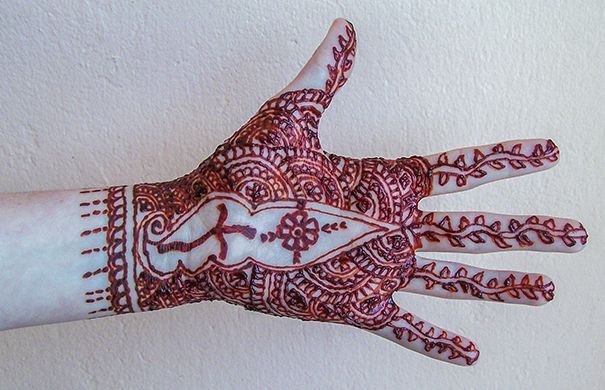When Felicity* heard the call to full-time missions in the Middle East , she thought she knew what to expect. After all, she’d grown up as a missionary kid in a Middle Eastern nation.
She grew up with Muslim friends. She knew the Quran almost as well as she knew the Bible, and she could debate apologetics along with the best of them.
But when she arrived in her new country, she realized none of it had prepared her for the ministry ahead of her.
“In high school, I would sit down with neighbor kids and we’d play, and … our religion would come up, and they knew what the Quran said, so we’d get into discussions about that,” said Felicity.
But when Felicity tried debating theology in her new country, her efforts fell flat.
“I’ve tried doing that with my neighbors, especially the ladies, and they have no idea what the Quran says,” said Felicity. “I don’t even try to talk apologetics or anything like that because really … it’s not even interesting to them.”
What the women in this culture really wanted to hear were stories — and that presented an obstacle all its own.
Not a Natural Storyteller
Felicity openly admits that storytelling has never come naturally to her. But in a country where everyone is captivated by them, storytelling seemed to be the most effective way to share Christ with these people.
So, what could Felicity do?
She had been ministering to Muslims since childhood, and now it appeared that the one skill she sorely needed was the one she didn’t have.
Fortunately, God led her to a form of storytelling that was both beautiful and unexpected.
Body Art that Brings Healing
A few years ago, a group of missionaries in India came up with an idea for sharing the Gospel in a culturally relevant way: henna tattoos.
For thousands of years, women in Arabic, Asian and African cultures have decorated their bodies with temporary artwork. It’s as intertwined with their heritage as the designs of the henna tattoos are intertwined with each other — and the results are stunning.

This henna tattoo design portrays the death and resurrection of Jesus, allowing missionaries to start conversations and continue the story. Photo courtesy of TEAM missionary
So, what if female missionaries in these fields could take this ancient art form and turn it into a tool for sharing the story of Christ? As they paint henna tattoos on their neighbors’ hands and feet, what if they used the intricate patterns to bring the Good News to life?
Before long, a missionary in Felicity’s host country caught wind of this new evangelism method and eagerly shared it with the other women in her area.
“I had grown up … doing henna just for fun, and, at first, I was really skeptical,” Felicity said. “But then, after time, I saw how it could be used, and I got really excited about it.”
Since Felicity already had experience with henna art, learning these new Christian storytelling designs came fairly easily to her.
“As I did [the henna designs], and as I grew, I gained confidence,” she explains. “And then, people around me got excited about it, too. So … having that buildup of excitement was helpful.”
A Grandmother and a Sister
One of the first women Felicity tried her henna stories on was her housekeeper — who also happens to be a grandmother to 22 grandchildren.
“She loved [the stories] so much, she would take them home … and share them with her grandkids,” said Felicity.
At Easter, Felicity shared the story of Jesus’ resurrection with her.
“She said, ‘Oh, congratulations! He’s alive, and now He’s in Heaven!’ And so, it was neat to see that transformation — how these stories have become real for her,” said Felicity.
Felicity also has the chance to build relationships with local women in a way she didn’t have before — like when she had her friend and her friend’s sister over for tea. They both instantly noticed the henna design on Felicity’s hands.
“So, the sister went home and drew the design on her hand, but she didn’t know there was a story to it,” said Felicity. “The next week, I went to visit them, and she showed me her design.”
The sister shyly told Felicity that she’d liked her henna design so much she’d copied it on her own hand. Seizing the opportunity, Felicity went on to tell her the Bible story behind the design.
“I drew the henna again and told her the story, and she went to each of the women in the courtyard and told them the story again and again — the story of Jesus’ birth.”
Now, these women who come to Felicity for henna tattoos feel comfortable sharing their problems, which gives Felicity even more opportunities to share the stories of Jesus and even pray with them.
All the while, Felicity’s life serves as a reminder that God walks with us when we step out of our comfort zones — and that sometimes answers come from the most unexpected places.
*Name changed.




















